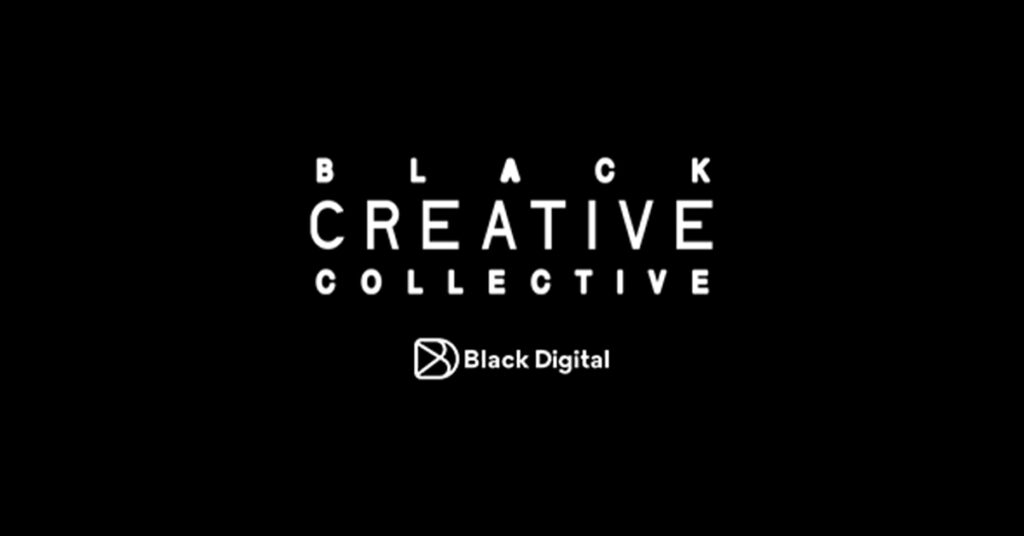In the world of digital artistry, whether you’re a web developer, graphic designer, or any type of creative professional, understanding your worth can be a challenge. There’s often pressure to keep rates “reasonable” for clients, particularly if they’re friends, small business owners, or startup founders. But undercutting yourself—especially by offering a flat rate—can quickly spiral into a situation where you’re working double or triple the hours for far less pay than you deserve. Here’s a personal story that taught me the importance of knowing my worth, valuing my time, and setting boundaries from the start.
The Trap of the Flat Rate
Early in my career, I was excited to land a project with a small business that wanted a new website. It was the kind of project that seemed straightforward on paper, so when they asked for a flat rate quote, I was quick to throw out a number. I didn’t want to scare them off with an hourly rate, and I figured that a flat rate would make things easier for both of us. I estimated a certain number of hours, calculated my rate accordingly, and offered what I thought was a fair price.
The client was thrilled, and we got started right away. But as the project unfolded, I quickly realized I had underestimated not only the scope of work but also the client’s needs and expectations. Each time they requested a tweak here or a revision there, I reminded myself that this was just part of the job. They were friendly and appreciative, so I didn’t want to push back. And with each new request, the hours piled on.
When Flat Rates Lead to Overwork
By the time the project was finally complete, I had logged close to triple the hours I initially estimated. While the client was happy, I was exhausted and mentally drained. The flat rate I thought would “keep things simple” had instead boxed me into working far beyond the value I had originally set for myself. In hindsight, I had severely undervalued my time and skills, leaving me underpaid for the amount of energy I had invested.
This experience taught me an invaluable lesson: my time and expertise deserve to be compensated fairly. Offering a flat rate in an attempt to make things easier had, in fact, resulted in burnout and resentment. What felt like a good way to avoid complicated client conversations only left me with the hard truth that undervaluing myself cost me time, energy, and even enjoyment in my work.
Strategies for Knowing Your Worth
If you’re a digital artist, creative professional, or any type of freelancer, here are some tips to help you avoid falling into the flat-rate trap and ensure you’re valuing your work appropriately:
- Understand the Project Scope (and Define It Clearly):
Ask detailed questions upfront and make sure you understand exactly what the client wants. Having a clear scope prevents you from getting drawn into endless revisions that weren’t part of the original agreement. - Set Boundaries with Revisions and Additional Work:
Even if you offer a flat rate, be clear about the number of revisions included. If a client needs more, don’t hesitate to discuss an additional fee. Clients often respect these boundaries when they’re set early. - Consider Offering Packages or Hourly Rates Instead of Flat Rates:
An hourly rate often makes more sense when a project’s scope isn’t fully defined or has room for expansion. Packages based on specific deliverables can also help you manage expectations and keep control of your workload. - Don’t Be Afraid to Adjust Your Rates Over Time:
As your experience grows, so should your rates. Don’t feel obligated to maintain the same rates you started with, especially if you’re taking on more complex projects or becoming an expert in your field. - Trust Your Skills and Experience:
Imposter syndrome can make it difficult to set rates that truly reflect your worth, but trust the value of your unique skill set. Charging what you deserve is not “greedy” or “too much”—it’s necessary for sustainable work.
Final Thoughts
Knowing your worth isn’t just about setting the right price—it’s about respecting your time, honoring your expertise, and building a sustainable career that doesn’t leave you overworked and underpaid. When you begin to truly value your work, you’ll find that clients are more likely to respect your boundaries and even appreciate the professionalism you bring to each project.
So, next time you’re tempted to give a flat rate or feel pressured to undersell yourself, remember the value of your craft. Digital artistry is a skill that deserves fair compensation, and you owe it to yourself to ensure your efforts are valued accordingly.





